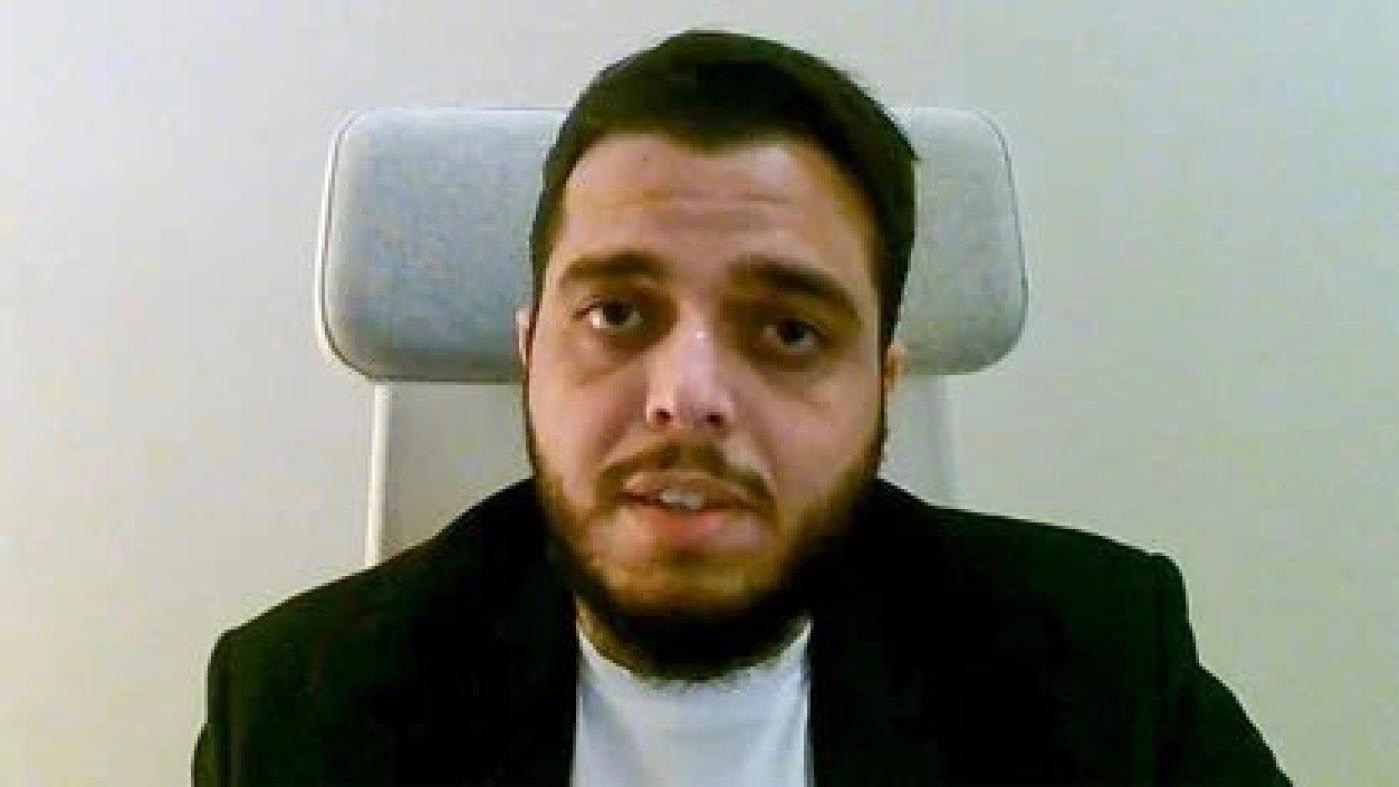Abdullah Ibhais, a Jordanian worker in Qatar formerly employed by the organizing body of the FIFA Football World Cup 2022, lost an appeal challenging what he calls his unjust imprisonment on December 15. Ibhair was targeted by Qatari officials after he advocated for workers’ rights and highlighted the abuse migrant workers suffered in Qatar in the World Cup preparation process. Ibhais was working as a senior media manager with the Supreme Committee for Delivery and Legacy, a government agency formed to organize the infrastructure and planning of the World Cup. He was accused of taking bribes and misappropriating funds and arrested in November 2019, following which he was sentenced to prison for five years in April this year.
Following an appeal, a Qatari court upheld his conviction but reduced his prison term from five to three years. He was released from prison after appealing the earlier conviction against him, but was detained again on November 15. He subsequently launched a hunger strike, now reaching 31 days, against his unjust detention and conviction. He has vowed to continue the strike until he is proven innocent. In a voice note recorded in December and accessed by news outlets, Ibhais reportedly said, “I’ve gone on a hunger strike because for me this was the last resort after I was denied the chance to a fair trial. I was denied the chance to be heard, I was denied the chance to speak up and, after all, I was detained whilst my trial has not finished yet.”
Following the conviction, Qatar came under fire from international human rights groups which expressed grave concern about the government persecuting the whistleblower-worker by bringing malicious and manufactured charges against him. The authorities are also accused of forcibly extracting a false confession from Ibhais by threatening him with more severe interrogation by the state security. The authorities reportedly did not give him a fair trial to defend himself and he was convicted despite a complete lack of evidence of any wrongdoing.
Ibhais has said that he is being targeted because of speaking up on workers’ behalf and demanding an improvement in their living and work conditions. He has rejected the charges against him and reiterated that he was targeted only after he criticized the world cup organizing committee for not upholding workers’ rights. Rights groups have also repeatedly urged FIFA, world football’s governing body, to intervene and pressure the Qatari government to look into the allegations of neglect, abuse and violations of workers’ rights and LGBT and minority rights.
Speaking on the issue, Nicholas McGeehan, co-director of human rights group FairSquare, told news outlets that “this case goes to the heart of the serious issues with Qatar’s World Cup and every day Abdullah Ibhais remains in jail more people will know his name, know what he did for the migrant workers who built Qatar’s World Cup, and know the price he has apparently paid for that. Did he get a fair trial? Absolutely not. Did Fifa make a call for a fair trial? No, they didn’t, which I think is pretty scandalous. It was Qatar’s World Cup organizers who instigated this prosecution, but it was Fifa’s silence that enabled today’s verdict, for which there is no evidence other than a forced confession.”
In response to the numerous appeals by human rights groups, FIFA in a statement said that any person deserves a fair trial with due process and that it will consider Wednesday’s ruling before making any further comment. Meanwhile, the Qatari government has continued to insist that the charges against Ibhais are real and substantive and are backed up by an “abundance of strong and credible evidence against him for soliciting bribes to influence the outcome of a state-funded procurement process. This evidence included extensive details of the crime – much more than the defendant’s own confession.” It added that the case against Ibhais is not in any way linked to his criticisms of the organizing committee.





